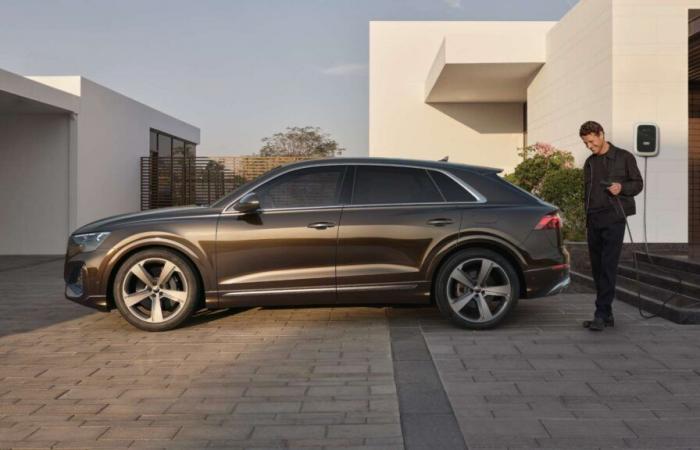Halfway between the 4×4 and the minivan, the SUV has certain specific features explaining its growing success with motorists.
The characteristics of an SUV:
- a high ride: it provides better visibility of the road;
- large volumes: the SUV trunk offers a large storage capacity;
- comfort: the interior of the vehicle offers plenty of space for passengers;
- versatility: it can be used both in town and on steeper terrain.
Designed for the city, SUVs offer great maneuverability and quiet driving. Particularly agile in the face of the constraints of an urban environment, they are nevertheless capable of venturing out onto all terrains.
An SUV for what use?
The SUV is aimed at different user profiles in order to meet their needs.
- Families: the family SUV guarantees comfort and space for each passenger. In everyday life as well as when going on vacation, it guarantees pleasant journeys while allowing you to carry plenty of belongings for all members of the family.
- Travel enthusiasts: its adventurous silhouette makes the SUV the ideal vehicle for going on an adventure. Allowing comfortable driving on any terrain, it makes it easy to get off the beaten track to discover breathtaking landscapes. Practical, its large storage capacity can hold leisure equipment.
- Professionals: often looking for a robust vehicle, offering a large capacity while being maneuverable in the city, they are increasingly turning to the SUV bringing together all their needs to replace their utility vehicle.
The SUV today perfectly meets current mobility needs. It allows both pleasant driving in the city on a daily basis and over long distances.
SUV and technological innovations
The SUV integrates multiple modern innovations:
- advanced connectivity: some on-board navigation systems offer an interface that is both responsive and intuitive. In particular, it is possible to benefit from advanced features such as voice control, or sharing of smartphone content directly on the SUV's central console;
- reinforced safety: high-end equipment such as detection of other vehicles or pedestrians, or even emergency braking constitute real driving assistance offering optimal safety.
The specificities of the electric SUV
The electric SUV today embodies the mobility of tomorrow. Equipped with an electric motor instead of an internal combustion engine, they also have a battery that needs to be recharged regularly. They combine the space and comfort of traditional SUVs with the ecological benefits of electric vehicles. The automotive sector is doubling down on initiatives to make SUVs more sustainable and environmentally friendly, while meeting consumer expectations for driving performance.
They have serious assets to satisfy the needs of motorists:
- reduction of the carbon footprint: the electric SUV does not emit greenhouse gases or pollutants into the atmosphere while driving. This type of vehicle therefore makes it possible to effectively combat global warming and improve air quality, especially in large cities.
- Reduced operating costs: the electric SUV saves money in the long term. For information, driving 100 kilometers costs the motorist around 8 euros in fuel compared to 2 euros in electricity. By covering an average of 15,000 kilometers per year, for example, driving an electric SUV represents a saving of almost 900 euros per year.
- Access to low-emission zones: there are currently 12 across France, but they tend to multiply. These zones can only be crossed by vehicles emitting little or no fine particles.
Thermal SUV or electric SUV? If you are looking for a vehicle to make short trips in built-up areas between your home and your workplace, it is preferable to opt for an electric SUV, ideal in an urban environment. Do you regularly take long journeys? In this case, the thermal SUV will offer you greater autonomy for your travels.






